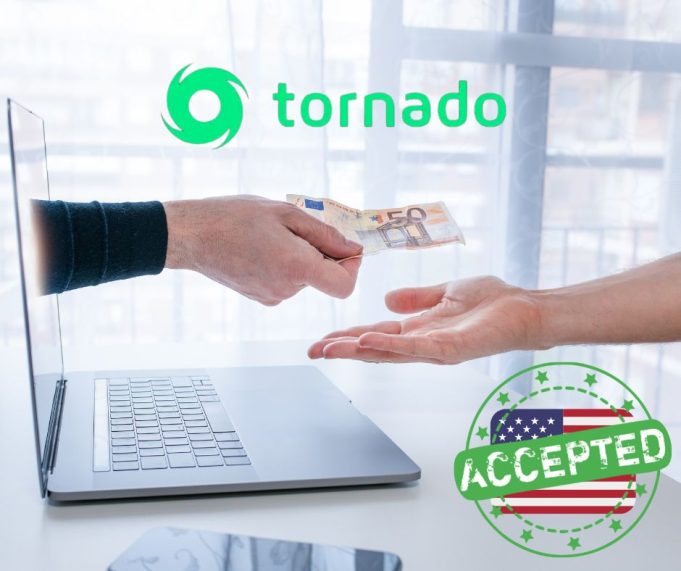The U.S. government’s blacklisting of Tornado Cash transactions for U.S. people in August was met with criticism from the crypto industry, as it was seen as censorship that went against the decentralized network’s vision of freedom from government interference. However, validators on the Ethereum blockchain have recently been allowing more Tornado Cash transactions to go through, even if they don’t comply with U.S. Treasury Dept. sanctions. This shift shows that the crypto industry is now more willing to accept government regulations, and that the decentralized network is not as immune to government interference as it was once thought to be.
Ethereum’s censorship rate has dropped significantly in the past 24 hours, with only 49% of blocks excluding transactions sanctioned by the U.S. Treasury Department’s Office of Foreign Assets Control (OFAC). This is a significant decrease from the all-time high of 79% censorship on Nov. 21. This means that more than half of the blocks that made it onto the Ethereum blockchain over the last 24 hours are non-OFAC compliant. It is unclear what has caused this reversal in Ethereum’s censorship course, but it is likely due to a combination of factors, including changes in the Ethereum network, the introduction of new technologies, and the increasing acceptance of cryptocurrency.
Ethereum recently changed its consensus mechanism to proof-of-stake, and with it came the introduction of MEV-Boost, a middleware component that allows validators to request pre-made blocks from builders. MEV-Boost was created to help validators earn MEV (Maximal Extractible Value), which are profits derived from including or reordering transactions within a block. Unfortunately, this has caused some controversy, as it has been argued that MEV-Boost contributes to Ethereum’s censorship problem, as it gives validators the ability to prioritize certain transactions over others. Despite this, MEV-Boost is still a popular tool among validators, as it allows them to maximize their profits and increase their efficiency.
Flashbots, an Ethereum research and development team, has created MEV-Boost, a software designed to democratize MEV (miner extractable value) among validators and avoid centralization issues. The software has been widely adopted, with 96% of validators using it today. However, in August, OFAC blacklisted Tornado Cash transactions for U.S. people, leading to censorship issues with MEV-Boost. As a result, relayers using MEV-Boost deliver pre-built blocks to their connected validators without Tornado Cash transactions included, meaning MEV-Boost is censoring blocks by default.
Ethereum’s censorship course has been reversed due to a push for validators to connect to other relayers that are not Flashbots’. This has resulted in 68% of blocks being relayed via Flashbots, down from 74% in December. To ensure censorship-free transactions, seven non-censoring relayers have been developed, including BloXroute’s max profit and ethical relayers, Ultrasound, Agnostic Gnosis, Manifold, Relayoor and Aestus. This has enabled Ethereum users to enjoy censorship-free transactions, allowing them to make use of the blockchain’s full potential.
Martin Köppelmann, co-founder of Gnosis Chain, has shared that the decline in censorship on Ethereum is partially thanks to BloXroute, Ultrasound, and Gnosis, which make up most of the uncensored block space. However, Köppelmann believes that Ethereum censorship resistance should not depend on so few entities. He is advocating for more systemic solutions to ensure censorship-resistance on the Ethereum blockchain. He believes that the decline in censorship is good news and is happy that Gnosis is contributing to the cause.













